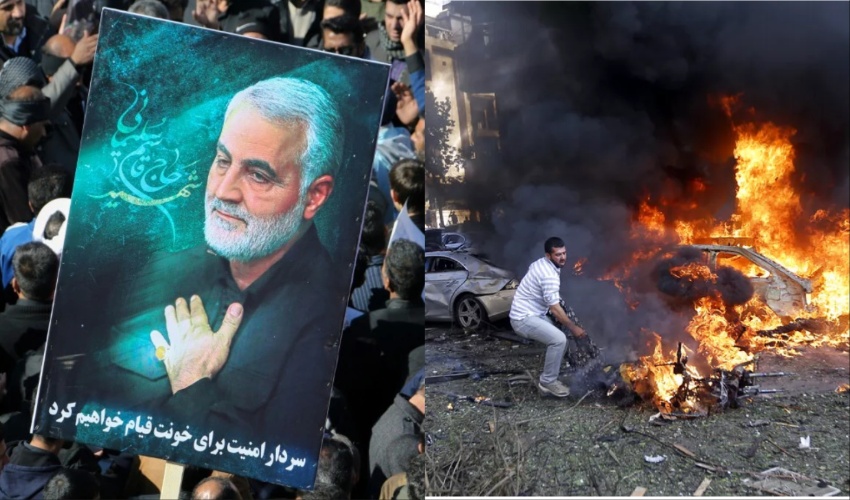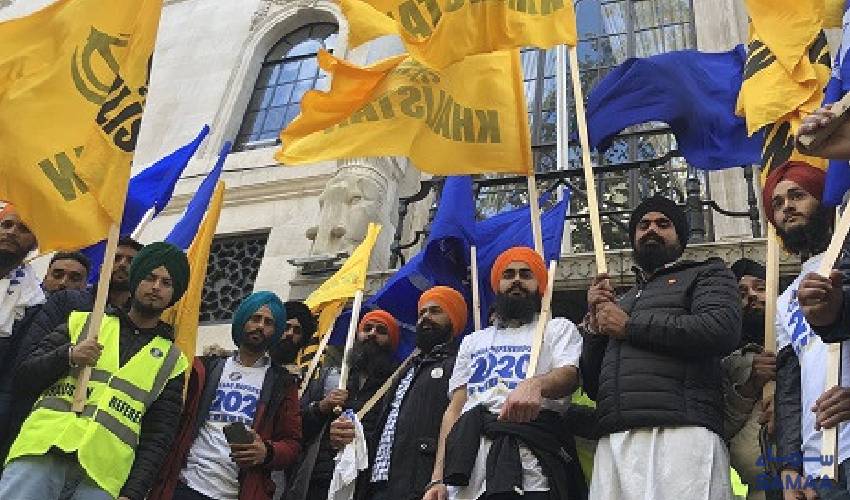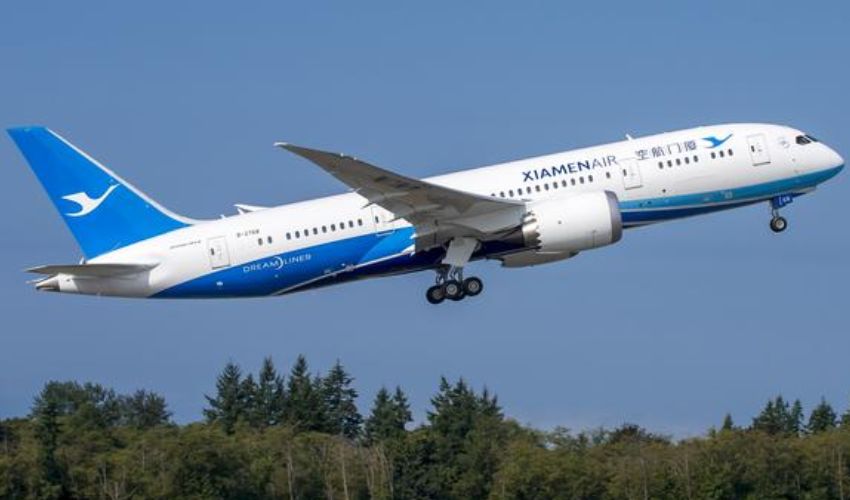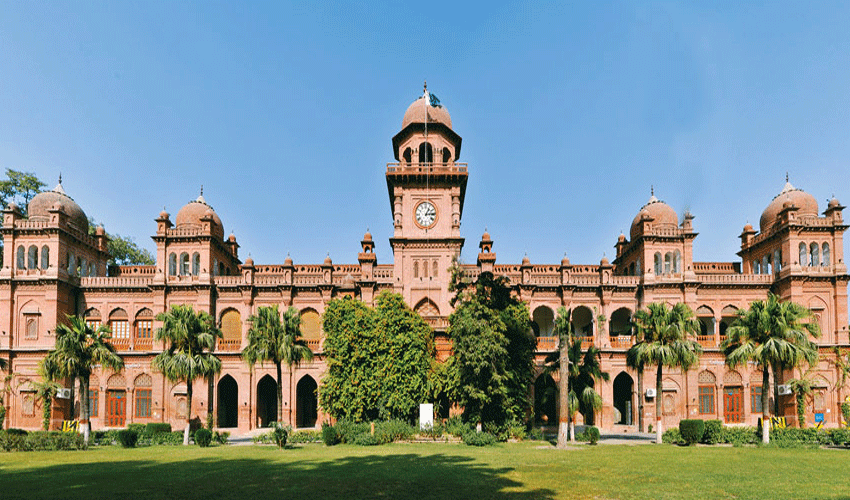The Islamic State (IS) group has claimed responsibility for a suicide bombing that killed at least 84 people and wounded dozens more in the Iranian city of Kerman on Wednesday, January 3.
The attack had targeted a crowd gathered to commemorate the anniversary of the death of Qassem Soleimani, a top Iranian military commander.
In a statement posted on its Telegram channel, the militant IS group identified the two attackers as Omar al-Mowahid and Sayefulla al-Mujahid. The group did not specify which regional affiliate was responsible for the bombing.
The attack was the deadliest in Iran since 2017, when IS gunmen killed 41 people in coordinated attacks on Tehran's Parliament building and the Mausoleum of Ruhollah Khomeini, the founder of the Islamic Republic.
A Longstanding Rivalry
The Islamic State has long regarded Iran as an enemy, due to its support for Shia Muslim groups in the region, particularly in Syria and Iraq, where IS was largely defeated in 2017. Soleimani, who led Iran's Quds Force, played a key role in organizing and supporting these Shia militias.
"This attack is a clear message to the Iranian regime that it will not be safe from the Islamic State's reach," said Rita Katz, director of the SITE Intelligence Group, which monitors extremist groups.
Iranian Response
Iranian officials have vowed to bring the perpetrators of the attack to justice. President Ebrahim Raisi called it a "cowardly act of terrorism" and promised a "harsh response."
The Islamic State, whose affiliate in Afghanistan - the ISIS-Khorasan, has repeatedly threatened Iran with attacks and also claimed the responsibility of several attacks on the country, the most recent being in October 2022, when a gunman killed 13 people at a shrine in the city of Shiraz.
Iranian officials had earlier put the death toll for the two blast at 103 on Wednesday. But the interior minister, Ahmed Vahidi, said on Thursday that 84 people had been killed, according to Tasnim, a semiofficial new agency.
The bombing is likely to further strain relations between Iran and the Islamic State, which have been tense since the group's emergence in 2014. It also raises concerns about the potential for further attacks in Iran, as the Islamic State continues to operate in Afghanistan and other parts of the Middle East.
The attack highlights the ongoing threat posed by the Islamic State, even after its territorial defeat in Iraq and Syria. It also underscores the deep sectarian divisions that continue to plague the Middle East.



























